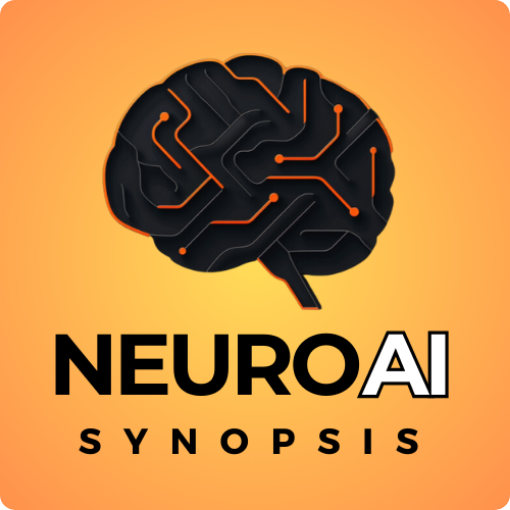AI-Driven Cognitive Enhancements: Boosting Cognitive Functions
Discover how AI-driven cognitive enhancements boost cognitive functions, improving memory, attention, and problem-solving skills. Learn about innovative AI techniques, real-world applications, and future research in cognitive neuroscience and mental health.
Artificial Intelligence (AI) is revolutionizing cognitive enhancements, boosting cognitive functions such as memory, attention, and problem-solving skills. This post explores the advancements in AI-driven cognitive enhancements, highlighting innovative techniques and real-world applications. By examining how AI improves cognitive performance, we delve into future research directions in cognitive neuroscience and mental health. Discover the transformative potential of AI in enhancing cognitive functions and its implications for education, healthcare, and beyond.
Artificial Intelligence (AI) is at the forefront of cognitive enhancements, offering innovative techniques to boost cognitive functions such as memory, attention, and problem-solving skills. This post explores the advancements in AI-driven cognitive enhancements, highlighting their transformative potential in cognitive neuroscience, education, and mental health.
AI-driven cognitive enhancements leverage advanced algorithms to analyze neural data, identify patterns, and develop personalized interventions that enhance cognitive performance. These enhancements utilize machine learning, deep learning, and neurofeedback techniques to optimize brain function and improve cognitive abilities.
In education, AI-driven cognitive enhancements provide personalized learning experiences that adapt to individual students' cognitive profiles. AI systems analyze students' learning patterns, strengths, and weaknesses, offering tailored content and interventions that enhance memory retention, attention, and critical thinking skills. This personalized approach leads to improved academic performance and more effective learning outcomes.
In healthcare, AI-driven cognitive enhancements play a crucial role in cognitive rehabilitation and mental health treatments. AI algorithms analyze patients' brain activity to identify areas requiring intervention, guiding personalized cognitive rehabilitation programs. These programs adapt to the patient's progress, providing real-time feedback and optimizing recovery from conditions such as stroke, traumatic brain injury, and neurodegenerative diseases. AI-driven cognitive enhancements also help manage mental health conditions like anxiety and depression by promoting neuroplasticity and improving cognitive function.
Real-world applications of AI-driven cognitive enhancements include brain-computer interfaces (BCIs) that allow individuals to control external devices using their thoughts, enhancing communication and mobility for those with disabilities. AI systems also develop cognitive training programs that enhance cognitive functions in healthy individuals, offering new opportunities for personal and professional development.
Despite their potential, AI-driven cognitive enhancements face challenges such as data privacy, algorithmic bias, and the need for large, diverse datasets. Ensuring the ethical use of AI systems and protecting users' privacy are crucial for building trust and achieving positive outcomes. Addressing these challenges requires collaboration among researchers, developers, clinicians, and policymakers.
Future research in AI-driven cognitive enhancements focuses on developing more sophisticated algorithms to improve accuracy and efficacy. Integrating AI with emerging technologies, such as virtual reality and wearable devices, offers new possibilities for enhancing cognitive functions. Additionally, exploring the genetic and molecular mechanisms underlying cognitive function can provide deeper insights and inform AI-driven interventions.
AI-driven cognitive enhancements are revolutionizing cognitive neuroscience, education, and mental health by boosting cognitive functions and improving cognitive performance. These advancements offer new opportunities for personalized learning, cognitive rehabilitation, and mental health treatments. Future research should focus on improving AI algorithms, ensuring ethical use, and exploring innovative applications to fully harness the potential of AI in enhancing cognitive functions.
Please log in to read the full post and explore these exciting developments in detail.

